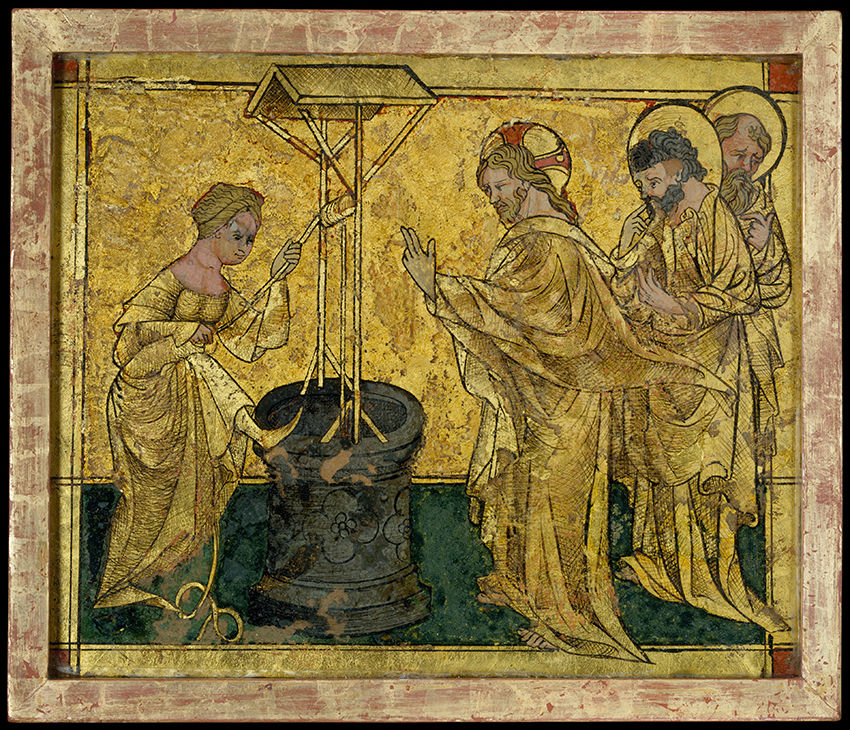The Israelites’ hearts were hardened by their hardships in the desert.
Though they saw God’s mighty deeds, in their thirst they grumble and put God to the test in the first reading — a crisis point recalled also in the psalm.
Jesus is thirsty, too, in the Gospel. He thirsts for souls (see John 19:28). He longs to give the Samaritan woman the living waters that well up to eternal life.
These waters couldn’t be drawn from the well of Jacob, father of the Israelites and the Samaritans. But Jesus was something greater than Jacob (see Luke 11:31-32).
The Samaritans were Israelites who escaped exile when Assyria conquered the Northern Kingdom eight centuries before Christ (see 2 Kings 17:6, 24-41). They were despised for intermarrying with non-Israelites and worshipping at Mount Gerazim, not Jerusalem.
But Jesus tells the woman that the “hour” of true worship is coming, when all will worship God in Spirit and truth.
Jesus’ “hour” is the “appointed time” that Paul speaks of in the epistle. It is the hour when the rock of our salvation was struck on the cross. Struck by the soldier’s lance, living waters flowed out from our rock (see John 19:34-37).
These waters are the Holy Spirit (see John 7:38-39), the gift of God (see Hebrews 6:4).
By the living waters the ancient enmities of Samaritans and Jews have been washed away, the dividing wall between Israel and the nations is broken down (see Ephesians 2:12-14,18). Since his hour, all may drink of the Spirit in baptism (see 1 Corinthians 12:13).
In this Eucharist, the Lord now is in our midst — as he was at the rock of Horeb and at the well of Jacob.
In the “today” of our liturgy, he calls us to believe: “I am he,” come to pour out the love of God into our hearts through the Holy Spirit. How can we continue to worship as if we don’t understand? How can our hearts remain hardened?

